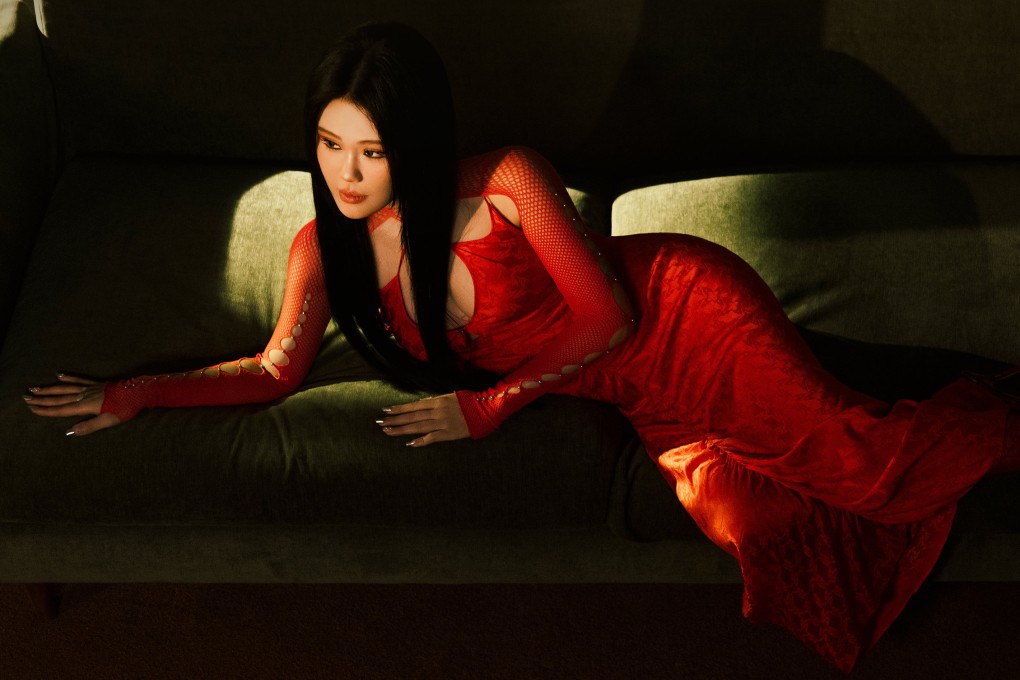Profile | Tia Ray: my music isn’t ‘fast food’, it takes time to understand – Chinese R&B singer on new album Allure, singing in English and honouring her roots
- ‘I want my content to stand the test of time,’ says R&B singer Tia Ray, who has redefined Chinese pop music for a global audience
- The singer-songwriter talks to Post Magazine about her new album, Allure, her coming English-language release and how she honours her roots in her music

On a frosty December evening in Beijing, more than 300 fans showed up at the Yushe Art Space, inside a repurposed medical equipment factory in the central business district, for rhythm and blues singer Tia Ray’s album showcase.
Putting out music in her birthday month has become something of a tradition for Tia, with her past three records also delivered in December, and the fans, who flew in from around China, all came for free – a treat from the birthday girl gearing up for a highly-anticipated tour.
Over the course of an hour, Tia performed her new record top to bottom, and at the end previewed “Bored”, her new dance-pop single made with platinum-selling producer Khris Riddick-Tynes, who is up for five Grammys this year.

The next day, Tia rushed to a hotel cafe for our chat after a lunch with label executives, and immediately afterwards headed to the studio to finish her first full-length English-language album with Riddick-Tynes, who was visiting Beijing for the first time – he and Tia usually collaborate in Los Angeles.
“With this album, I wanted to convey the message of me really taking courage to accept who I am, all the way from my roots,” says Tia, sporting a light beige tracksuit sold exclusively at the concert. “This album feels like a landing.”
